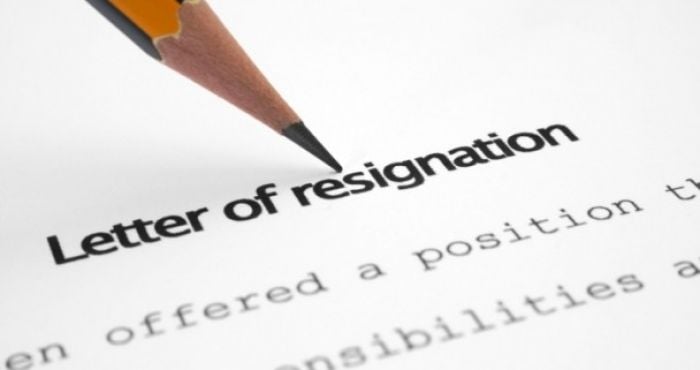There comes a time when you may have to move on from your current employment. Quitting your job can be an emotional time and whether you’re quitting to move to a higher career level or to a completely different field, it’s important that you leave on a respectable note.
This is why taking certain steps must be implemented before the day you quit.
By taking these carefully thought out steps, you’ll not only be making an impressionable move to your previous employer but also, making the most beneficial decision for your next level.
- Update Your Résumé
One of the very important things you want to do before quitting your job is updating your résumé and portfolio (if applicable) – both online and offline.
You want to update your LinkedIn profile as well.
The reason for doing this is so that people in your professional network: your next employer, business partner, client, etc can see the latest progress on your professional experience.
For instance, a hiring company can be persuaded to hire you because of the specific functions you played in your former role.
Don’t forget to include other info like courses you may have bagged, awards won, certifications got, during the course of your previous job, and getting new employment.
- Have An Exit Plan
It’s silly to quit your current job without having a solid plan. This is why having an exit plan is important. Exit plans are basically a sketch of the steps you intend to take throughout from the day you decide to quit to the day you walk out the door.
Exit plans aren’t set in stone and widely depend on an individual. However, some important information your plan should contain include a timeline (precise dates if possible), and action points.
For instance, if a person decides to quit at the end of the year, their exit plan should include every action point (dates included) which must be taken before the D-Day. For instance, does this person plan on taking a certification exam in August to qualify for better employment opportunities when they begin sending out their resumes in September.
Basically, tailor your plan according to your intent.
- Make Your Transition Easy
One of the things you want to achieve as you leave your place of employment is setting everything in order for whoever is replacing you.
You want to make your replacement’s transition as smooth as possible. Hence, before quitting, tidy up your desk: organise every necessary document or paperwork in a single folder and share this with your supervisor or line manager.
You can offer to train your replacement while they get settled in. Remember that by doing this, your previous employer will remember your professionalism and credit this to your reputation.
- Give Plenty Of Notice
It’ll be unfair to spring your resignation on your employers. Give plenty of notice so that your employer has enough time to find a replacement for your role.
Standard practice is usually to give a two-week notice. However, you could give a full month’s notice so your employer isn’t left stranded.
Even before sending in your resignation, you want to speak with your employer, supervisor, or line manager about your intentions. They may or may not offer you a counteroffer and it’s up to you to decide to take it or walk away. But be sure to present your intention respectfully.
Copyright 2025 TheCable. All rights reserved. This material, and other digital content on this website, may not be reproduced, published, broadcast, rewritten or redistributed in whole or in part without prior express written permission from TheCable.
Follow us on twitter @Thecablestyle

